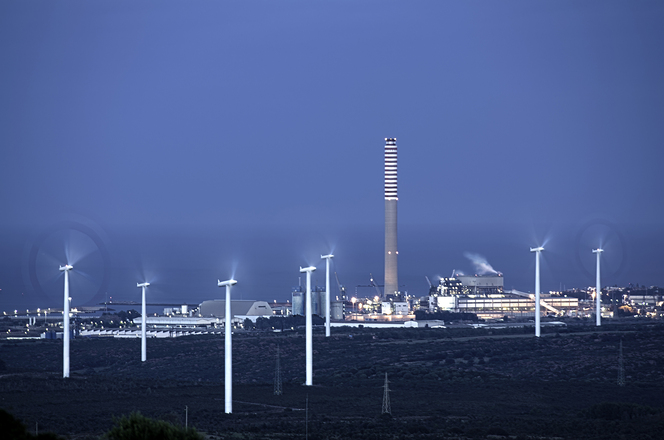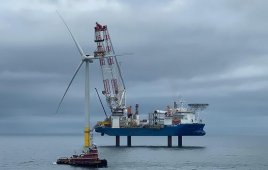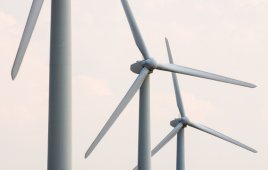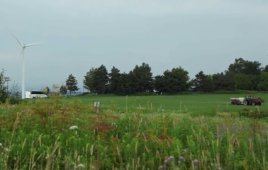
IMCA is attempting to develop a consensus on the optimum design and configuration of boat landings for accessing wind-turbine foundations from crew transfer vessels.
The Offshore Renewable Workgroup of the International Marine Contractors Association (IMCA) is seeing an increasing number of relevant offshore guidance documents, and has recently gained IMCA a seat at the UK HSE GB ‘Offshore Wind Industry Leaders Workshop’ this November.
“There is no doubt that the Offshore Renewables Workgroup, under the dynamic chairmanship of Alan MacLeay of Subsea 7/Seaway Heavy Lifting, is extremely proactive and producing some highly relevant documents,” explains Jane Bugler, IMCA’s Technical Director and Acting Chief Executive.
“It is vital that safety in the offshore renewables industry is regarded as of paramount importance, and – as has been the case in the offshore oil and gas industry – we will be doing all in our power, and this includes relevance guidance documents and competence frameworks, to encourage those involved to strive for the ‘holy grail’ of zero incidents,” she added.
Naturally, competence and training figures high on the list and the new ‘Guidance on competence assurance and assessment: Marine roles for small workboats’ (IMCA C 017), together with the ‘Workboat crew logbook’ was published recently. The guidance document is available for free downloading from the IMCA website for members and non-members alike.
Work in the pipeline
“Other work in the pipeline includes a technical industry study on standardized boat landings, which will be published later this year. There are design differences between boat landings that vary from location to location and subsequently workboat operators are having to undergo costly modifications to their vessels fendering arrangements to accommodate these different boat landing designs.
“IMCA and the workgroup participants have been attempting to develop a consensus on the optimum design and configuration of boat landings for accessing wind-turbine foundations from crew transfer vessels (CTV) to standardize the structural design and strength with the aim of reducing operator costs and increase safety of personnel when transferring to these offshore structures.
“This work has in turn shown another area of interest – the design impact forces for the boat landing. IMCA will be working with the Carbon Trust on taking on this issue.”
Other work being undertaken with the offshore renewables industry in mind includes the revision of IMCA M 202 ‘Guidance on the transfer of personnel to and from offshore vessels, and in particular on the vessel-to-vessel supplement. And two other important guidance documents ‘Diving Operations on Wind Farms’; and ‘ROV (remotely operated systems) Operations on a Wind Farm Installation’ are at an early stage of development.
Both documents outline the vision and objectives of such documentation, the background, the high level ‘deliverable’ that is needed to meet the identified objectives; and the stakeholders to be involved. In the case of the diving guidance these are G9, IMCA Renewable Energy Workgroup and HSE.
IMCA
www.imca-int.com
Filed Under: Offshore wind, Policy, Safety




